What to put in the hole when planting carrots?
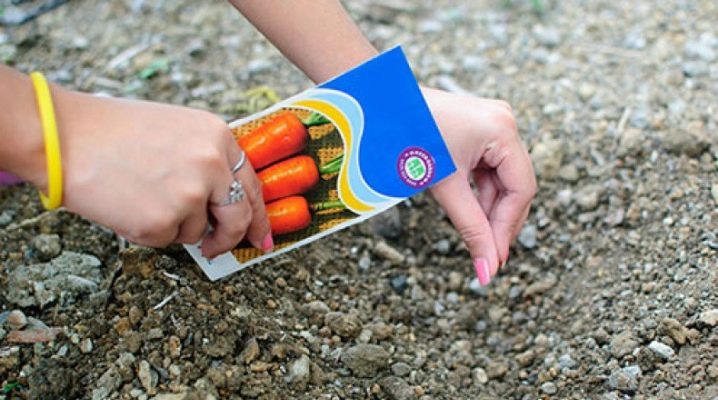
Carrots react strongly to fertilization. Without a sufficient amount of nutrition and microelements, it will not be possible to achieve high yields. The size of the fruits, their appearance and taste directly depend on the correct use of dressings. We will consider in this article what to put in the hole when planting carrots.
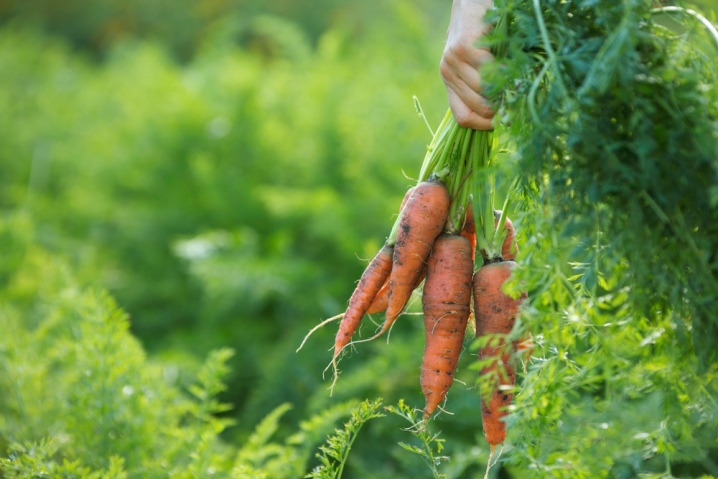
The need for feeding
Throughout the growing season, carrots are regularly fed. Under the influence of nutrients, it is possible to grow large and high-quality root crops. Gastronomic and nutritional qualities significantly depend on the type of fertilizers, their dosage and time of use. To maximize the taste of each variety, you need to add the subcrust 2-3 times throughout the season.
Carrots are highly susceptible to excessive fertilization, so too much is just as undesirable as too little.
Excessive use of nutrients leads to deformation of root crops, and their shelf life is reduced.
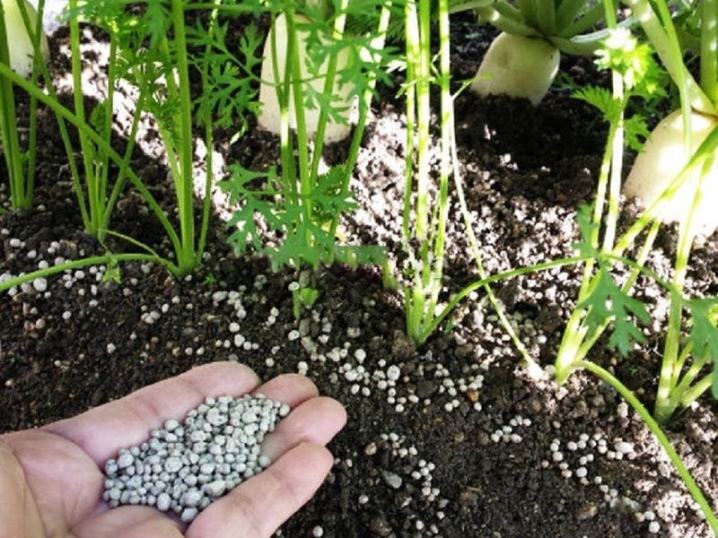
What fertilizers should be applied?
Now you need to understand the varieties of existing dressings. Plants can be fertilized with various compositions, each of which has a specific effect on the culture.
Gardeners use the following types:
- mineral compositions;
- organic matter, including complex fertilizers based on organic substances;
- folk recipes.
Top dressing can be combined and alternated, the main thing is to prevent an overdose and use each of the compositions during a certain period of growth and development of carrots.
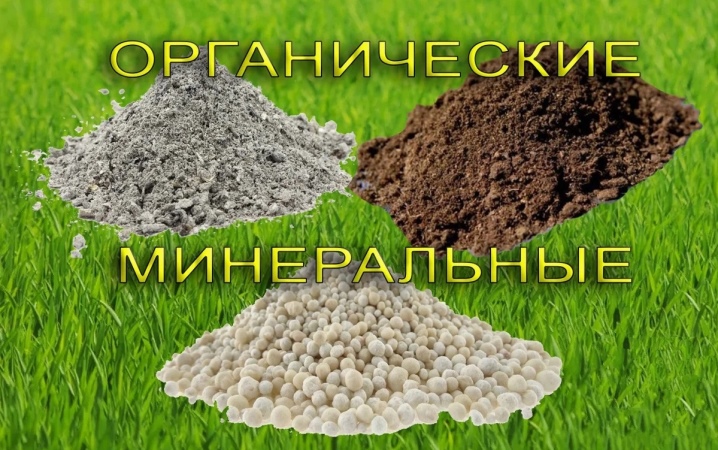
Mineral
Mineral fertilizers are applied immediately - at the initial stage of fruit development. This is indicated by the appearance of the first shoots. Top dressing is represented by the following chemical elements: boron, manganese and barium.
With a deficiency of the above components, the aerial part of the plant becomes covered with white or red spots. The root crop also deteriorates: its middle turns black. When using boron-based fertilizers, they are applied to the soil around the middle of summer.
This component has a positive effect on the following processes:
- pollination;
- fertilization of the plant;
- improving the gastronomic quality of the crop;
- the sugar content rises in the fruits, due to which the carrots become sweeter;
- regulation of carbohydrate and protein metabolism.
If yellow streaks appear on the leaves (a typical sign of necrosis), boron feeding becomes mandatory.
Boric acid has a positive effect on the development of the fruit plant.
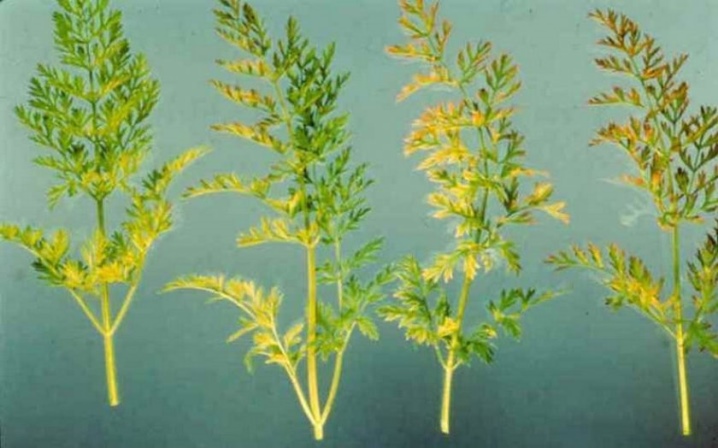
The application of mineral fertilizers is carried out taking into account the established norms. Dolomite flour, which contains a large amount of manganese, is used at the rate of 400 grams per square meter of the bed. When boric acid is added, from 2 to 3 liters of solution are consumed per unit area.
Before adding barium or pure manganese, it is dissolved in water. In 10 liters, one teaspoon of any of the components is diluted. Saline solutions demonstrate high efficiency, for the preparation of which one tablespoon of table salt is dissolved in a bucket of clean water (10 liters).
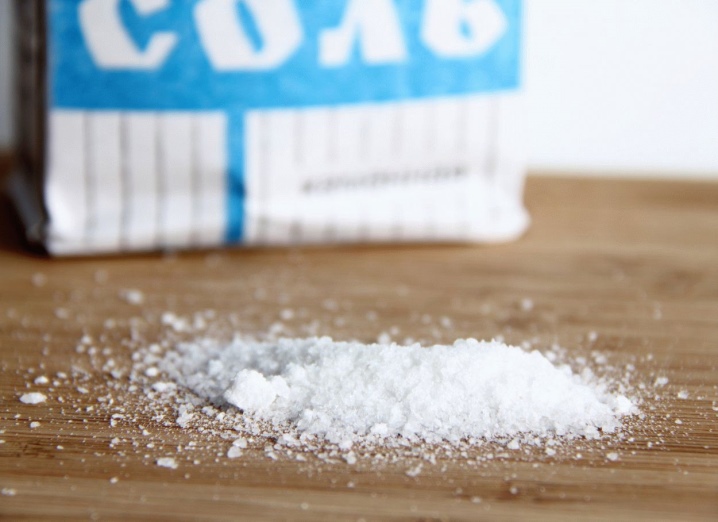
Fertilizer consumption depends on soil types. Loamy soil is fed less often than sandy soil. Also, the regularity of top dressing depends on the conditions in which the carrots grow. Before using any of the above options, the site is abundantly irrigated with settled water.
Fertilizers should be applied individually for each root, in measured portions.... It is also advisable to add lime to the soil, especially with a high acid reaction. The procedure is carried out 2-4 times a year.
Note: when growing carrots, borofosk and preparations based on superphosphates are often used.
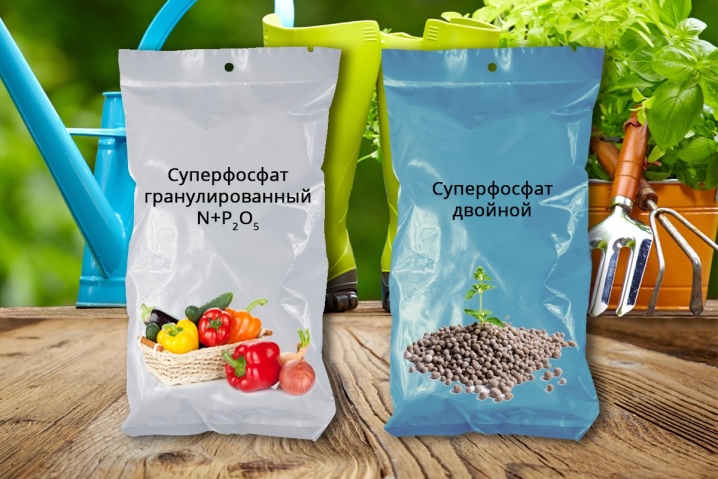
Organic
Organic biostimulants show excellent results when growing carrots. The following drugs are widely used: "Glyokladin", "Fitosporin-M" and "Trichodermin". Also used formulations "Gamair" and "Uniflor-Bud", which stimulate plant growth. Typically, mixes are sold as granules or liquids and are ready to use.
Herbal infusions, manure, compost, bird droppings and others are often used as natural organic matter.
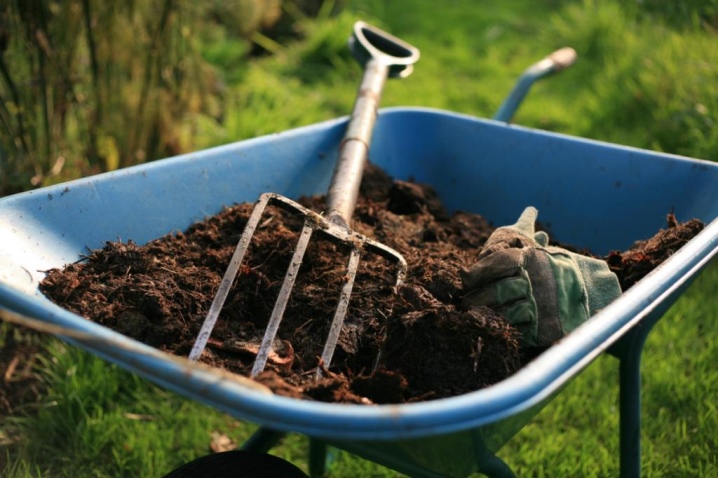
Folk remedies
Popular recipes, presented in a huge variety, are widespread due to availability, safety and high efficiency. From household waste and plants, you can prepare nutritional supplements that are compatible with store products.
Ash
Under the influence of dry ash or infusions based on it, carrots grow rapidly and develop remarkably.
Ash fertilizers should be applied to the ground according to a certain scheme.
- Dry formulations are recommended for use in June... One glass of the product is consumed per square meter. The substance is scattered along the beds.
- The second use case is the preparation of a liquid solution... Add 100 grams of the component to a bucket of water and mix thoroughly. The finished composition is poured into the root.
Wood ash is rich in potassium, magnesium, sodium and other beneficial trace elements.
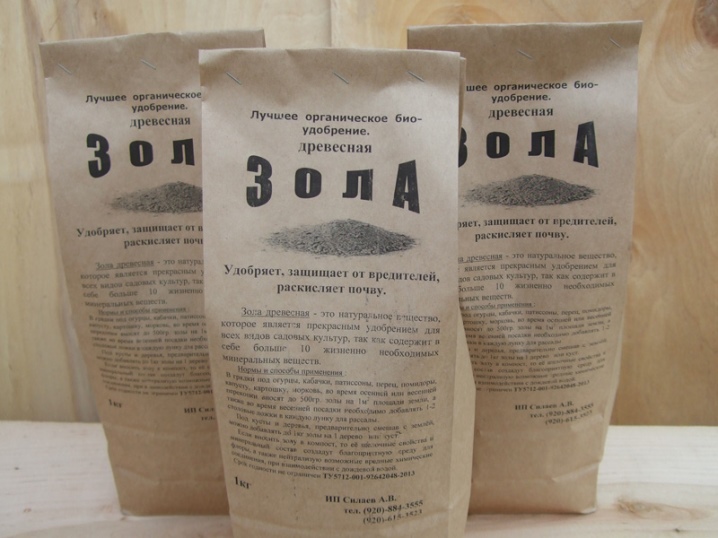
Litter
Bird droppings are introduced in the spring. An effective fertilizer is prepared from it before use.
They do it as follows:
- consumption - 1 part of chicken manure and 10 parts of settled water;
- organics should completely dissolve in liquid;
- the finished solution is poured over the area between the rows.
Litter contains large amounts of nitrogen, potassium and zinc.
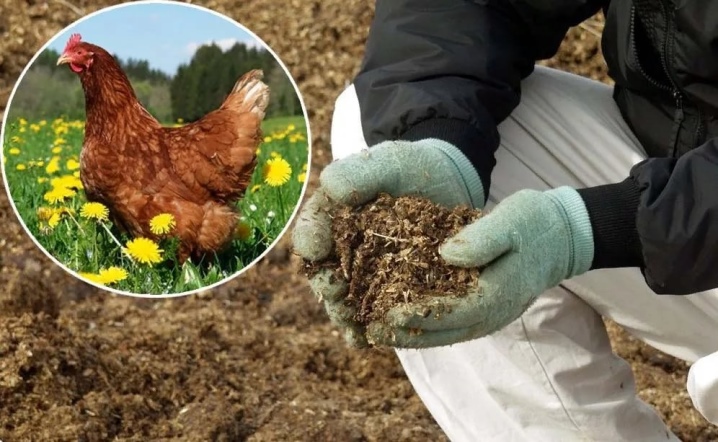
Nettle infusion
Carrots and other vegetable crops love nettle infusions. Such fertilizer is easy to prepare and can be used safely without fear that the fruits will absorb harmful components.
Top dressing preparation:
- 2/3 of a 10 liter container is filled with chopped grass;
- a glass of ash is mixed there;
- the mixture is poured with clean water, covered with a lid and left in a warm room;
- during the settling process, the fertilizer must be regularly mixed until bubbles or foam appear on the surface - this indicates the beginning of fermentation;
- before making the infusion, dissolve in water - 100 milliliters per 10 liters;
- the solution is poured into each seed hole dug out for seeds.
Nettle contains a lot of iron, potassium, magnesium and other elements necessary for the formation of a rich harvest.
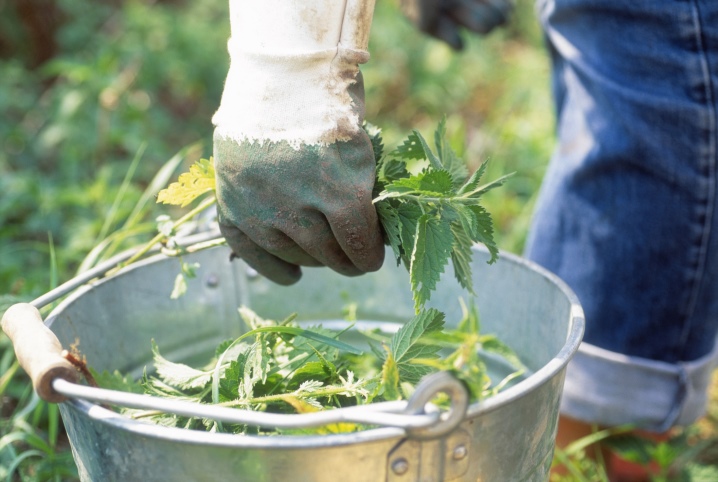
Yeast
Fresh yeast is great for feeding vegetables from summer to autumn. To prepare the fertilizer, 500 grams of yeast is dissolved in 2.5 liters of water. The finished mixture is diluted with pure water in a ratio of 1x10 and then applied at the root of the plants. Yeast-based formulations are saturated with nitrogen and phosphorus.
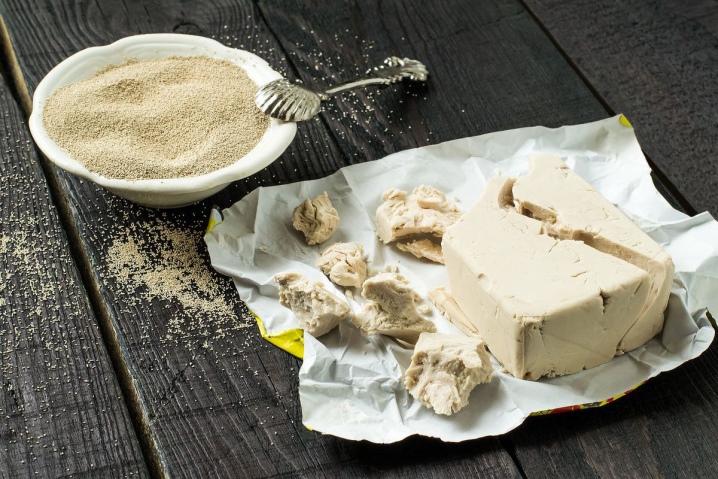
Complex feeding
When growing vegetables in depleted soil, you cannot do without complex fertilizers.
The beds are fed according to the following scheme:
- at the first stage, a ten-liter bucket is filled with finely chopped nettles and weeds into two-thirds of the container, after the grass is poured with water in the same volume - 2/3;
- to the resulting composition add two glasses of water and a pack of branded dry yeast;
- insist on fertilizer for two days, leaving the container in a warm and sunny place, sometimes you need to mix;
- the concentrated liquid is dissolved in clean water - 1 glass per 10 liters, now it can be used to fertilize carrots.
These are the most popular recipes.Some gardeners also use infusions on onion husks and other plant waste, humus. You can add tobacco dust, mustard cake and various nutritional components to the soil.
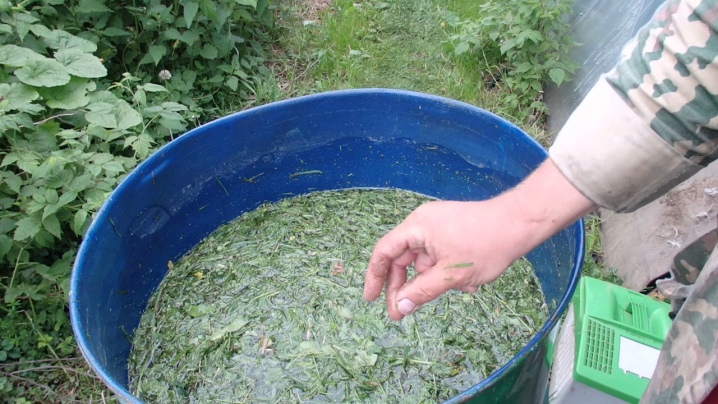
How to add correctly?
In the spring
Potash, phosphorus and nitrogen fertilizers (for example, saltpeter or urea) are common as one-component fertilizers. Complex formulations are represented by the following drugs: azofosk, nitrophoska and diammofosk.
In the spring, you can feed carrots with wood ash, when growing them both in greenhouses and in the open field.
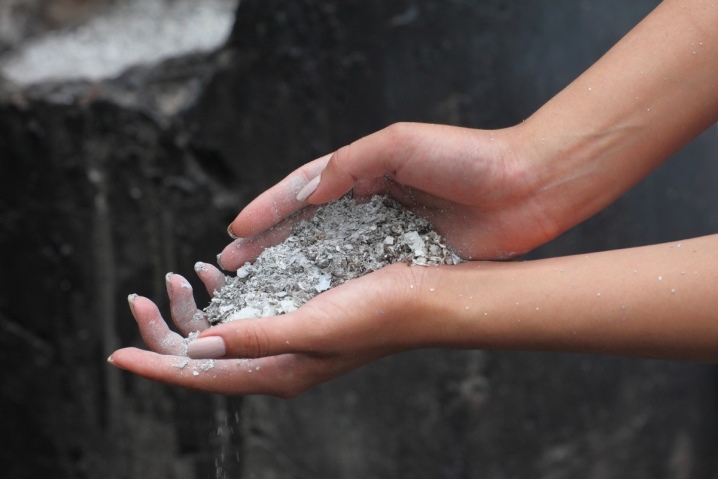
In autumn
With the onset of autumn, fertilizers are applied for digging: this way they are better absorbed into the soil. At this time of the year, nitrogen cannot be used, as it provokes an increase in green mass, and the plant spends energy on the tops, and not on the fruits. Potash and phosphorus formulations should be selected.
Phosphate supplements are represented by simple or double superphosphate. For acidic soil, it is advisable to use phosphate rock. Potassium sulfate, potassium sulfate, or a mixture of potassium and lime are suitable as potassium fertilizers.
It is recommended to put nutrients in the grooves when sowing seeds. The nutrients used at the initial stage of the development of the vegetable crop will help the seeds germinate and please with a rich harvest.
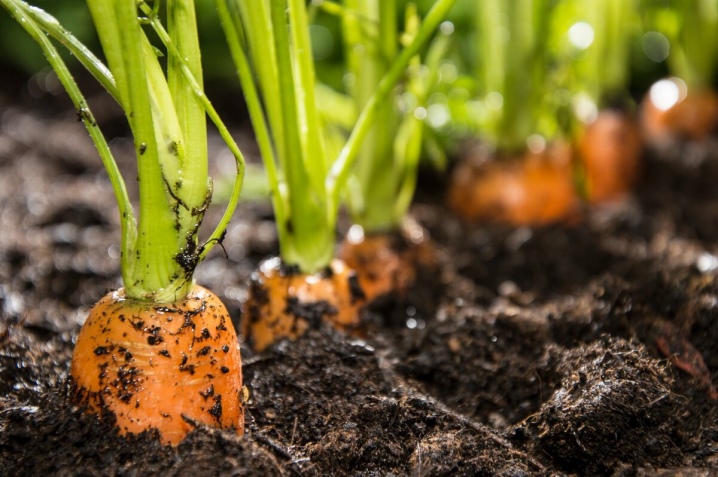













The comment was sent successfully.